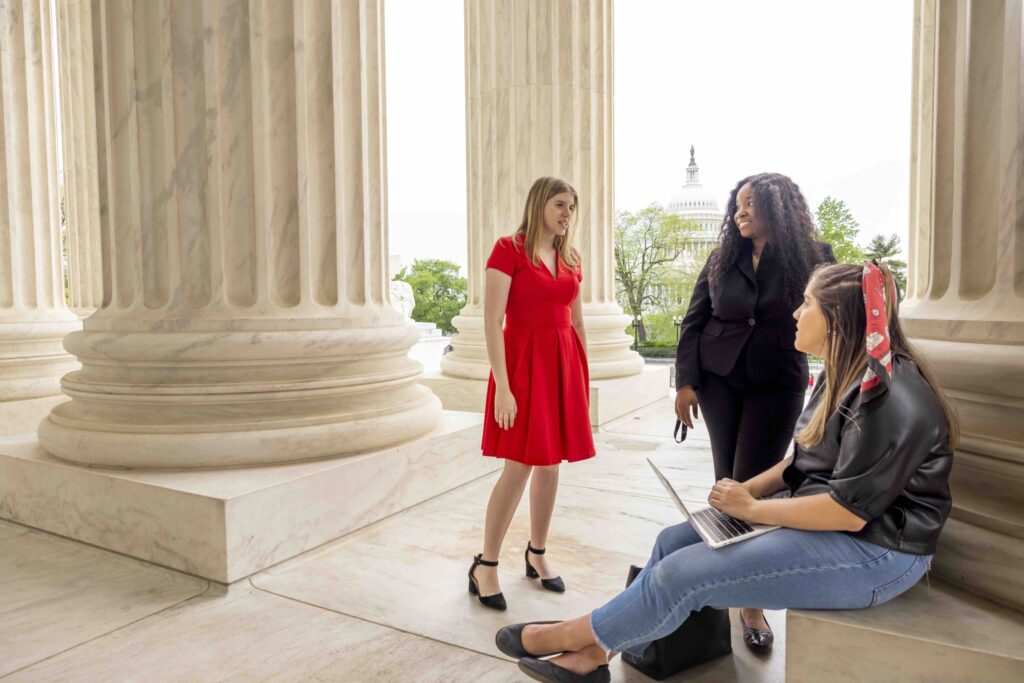Division of Student Affairs
306 Memorial Hall
Athens, GA 30602
706-542-3564 | askstudentaffairs@uga.edu
Division of Student Affairs
306 Memorial Hall
Athens, GA 30602
706-542-3564 | askstudentaffairs@uga.edu
Please don’t delete the post below (UGA Alert Notice). It will be visible only if we change the category to Multi Site Notification.
Latest News

Inaugural Women Lead student cohort concludes
Engagement, Leadership, and Service (ELS), a department within the Division of Student Affairs, recently concluded the inaugural cohort experience of Women Lead—a group of third-

Minority Student Science Association at UGA receives top student organization award
The Student Engagement Awards celebrate the accomplishments of student leaders and student organizations at the University of Georgia The Minority Student Science Association was named

UGA Student Affairs selected as NASPA 2024 Excellence Award Category Bronze Honoree
The award highlights a continuing successful collaboration between the Office of Institutional Research and the Division of Student Affairs

UGA enhances residential belonging initiatives
Residential Belonging Assistants build a sense of belonging through mentorship, support

UGA again named among top Military Friendly institutions
The university has been in the top three for seven consecutive years, with three years at No. 1

Mentoring Clarke County students
A school-based program that pairs recommended students with mentors helps build community bonds

What is Student Affairs?
Our role on campus is to enrich student learning and support student development and growth. Our programs, resources, facilities, and diverse staff help to make the campus smaller, more dynamic, and welcoming for everyone. Whatever the interest or need, we are committed to help students find their place at UGA and thrive through campus engagement.
Useful Links
Student Care and Outreach
SCO coordinates care and tailored assistance for students who experience challenging circumstances.
Well-being Resources
When it comes to your health and well-being, know that you have the support you need, any time, any place.
UGA Involvement Network
Search through hundreds of student organizations and learn about upcoming events and programs.
Student Affairs Departments
See the full listing of departments and their contact information and web and social links.
Well-Being Program Request
Request a Well-Being Program
Behavioral Assessment and Response Council (BARC)
Members of the university community should refer students to BARC who exhibit threatening behavior to self and/or others.
Connect with us!
Please reach out to us with any questions.
306 Memorial Hall
Athens, GA 30602
706-542-3564
